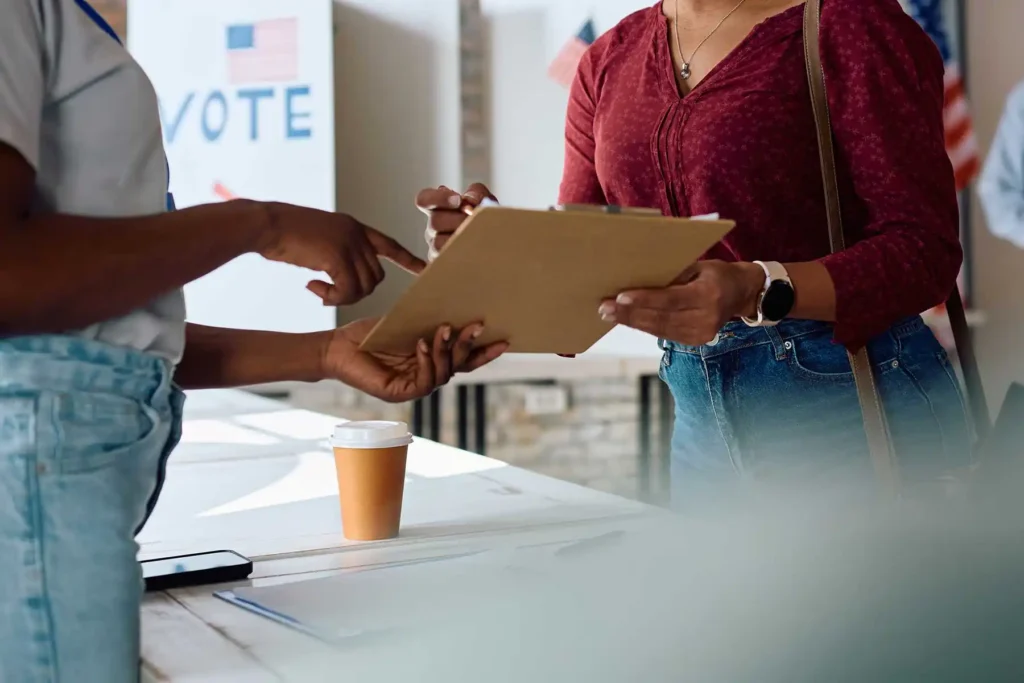National Voter Registration Day, celebrated every year in September, is a key initiative in the United States to encourage civic participation and ensure that all eligible citizens can exercise their right to vote. This day is dedicated to raising awareness about the importance of voter registration, especially in an election year, and to providing access to the necessary tools for registering.
What Happens on National Voter Registration Day?
National Voter Registration Day was established in 2012 as a response to the challenges many citizens face when trying to register to vote.
This event is a non-partisan initiative celebrated on the fourth Tuesday of September (this year it will be on the 17th) and involves collaboration from community organizations, businesses, universities, and media outlets to help citizens register before the state registration deadlines.
Who Can Register to Vote?
In the United States, the right to vote is reserved for citizens who meet certain requirements:
- Be a U.S. citizen: Only U.S. citizens, either by birth or naturalization, are eligible to vote.
• Be at least 18 years old: Citizens must be 18 years old by the date of the next general election.
• Meet state residency requirements: Voters must be registered in the state where they live and meet that state’s specific requirements.
• Not be disqualified due to a criminal conviction: Some states restrict voting rights for individuals convicted of serious crimes, although in many states, these rights can be restored.
Who Cannot Register to Vote?
It is important for those who do not qualify to vote not to attempt to register, as doing so can have serious consequences. The following people cannot register:
- Permanent residents (Green Card holders): Although they have residency rights, they are not citizens and therefore cannot vote.
• Undocumented immigrants: Without legal status in the country, they are ineligible to register to vote.
• Individuals convicted of certain crimes: As mentioned, in some states, those with serious criminal convictions may be disqualified.
• People who do not meet age or residency requirements.
Consequences of Voter Fraud if You’re an Immigrant
Voter fraud, including attempting to register without being eligible, is a serious crime in the United States, and the consequences are especially severe for immigrants. Those who attempt to vote without being citizens may face:
- Criminal prosecution: Illegal voting is a crime that can result in fines, imprisonment, or both.
• Deportation: Immigrants who commit voter fraud can be deported, even if they have legal residency.
• Ineligibility for citizenship: Attempting to vote or voting illegally can disqualify an immigrant from obtaining U.S. citizenship in the future.
The Importance of Voting
The right to vote is one of the fundamental pillars of American democracy. Voting is a powerful way to make our voices heard and to influence decisions that affect our lives, from education to healthcare, and from foreign policy to civil rights.
For the Latino community and other minority groups, voting is also a crucial tool to ensure that our needs and concerns are represented at all levels of government.
At Saavedra & Perez Law, we are here to help you understand your rights and responsibilities as a resident or citizen in the United States. If you have questions about your eligibility to vote or need legal advice, feel free to contact us. We are with you every step of the way!

